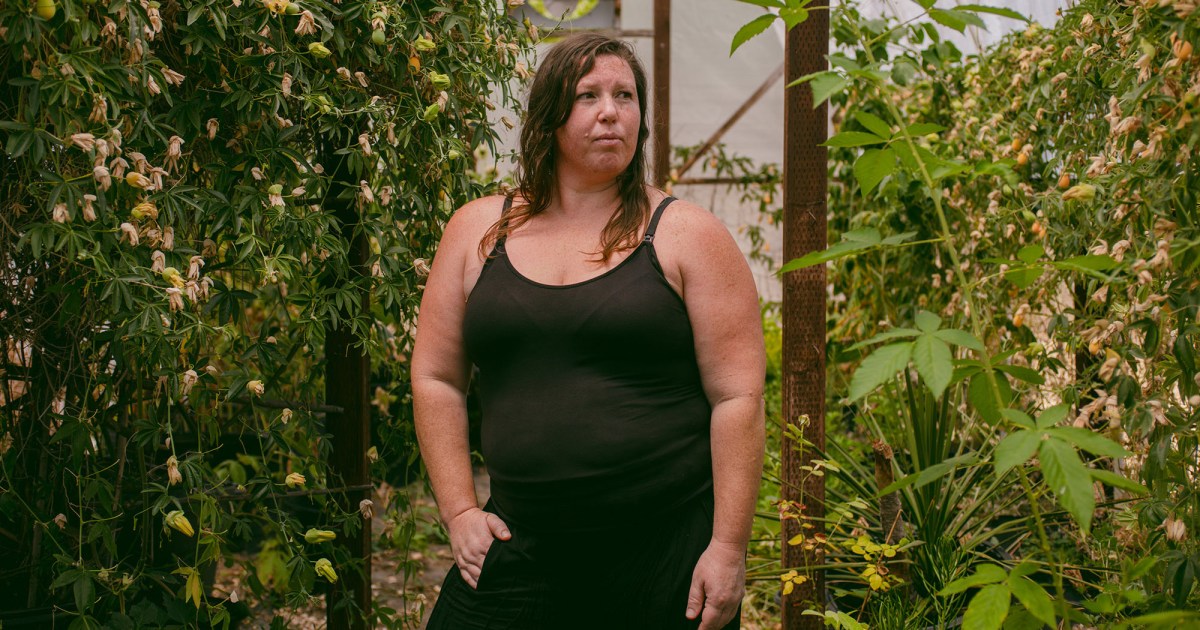Susan Horton had been a stay-at-home mom for almost 20 years, and now—pregnant with her fifth child—she felt a hard-won confidence in herself as a mother.
Then she ate a salad from Costco.
Horton didn’t realize that she would be drug-tested before her child’s birth. Or that the poppy seeds in her salad could trigger a positive result on a urine drug screen, the quick test that hospitals often use to check pregnant patients for illicit drugs. Many common foods and medications—from antacids to blood pressure and cold medicines—can prompt erroneous results.
If Horton had been tested under different circumstances—for example, if she was a government employee and required to be tested as part of her job—she would have been entitled to a more advanced test and to a review from a specially trained doctor to confirm the initial result.



This isn’t some new development. Anyone who’s had regular drug testing in the last 20 years is aware of this. Clearly, you haven’t had a regular drug testing requirement for a job, parole, or any other reason.
If you had, you would know that modern tests moved the threshold of detection up because of these issues on early era drug tests, which is why this idea persists.
I won’t call it a myth, because it’s always possible a batch of food grade poppy seeds wasn’t properly processed, and that batch has unusually high alkaline contents, or that someone consumed a disgustingly large amount of poppy seed muffins, or salad dressing, a day before their test, but that would be the exception, not the rule.
Also, have you never had the poppy seed salad from costco? The dressing is in a small plastic ramekin with at most, a tablespoon of poppy seeds, but probably less.